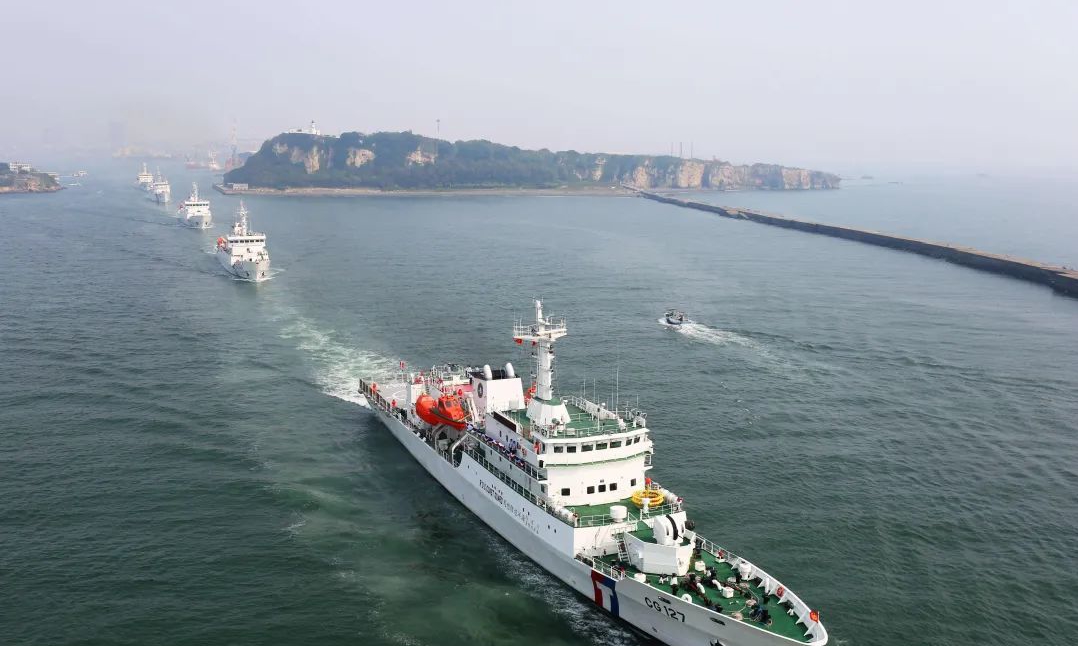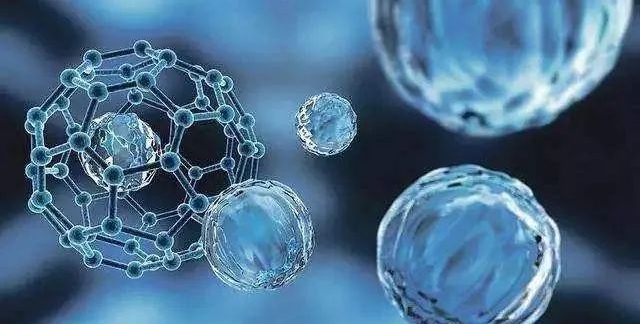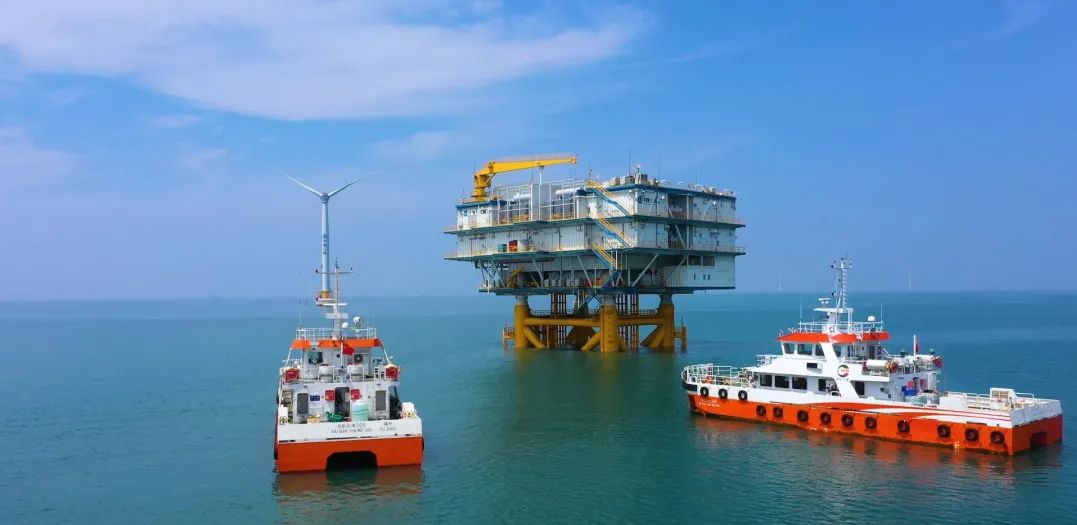Hotline : 0532-88705660、15154345240 | 中文版

The phenomenon of microorganisms, plants and animals in the sea attaching to ships and adversely affecting them is called fouling. The fouling not only increases the self-mass of the ship, reduces the load mass of the ship, but also greatly increases the resistance of the hull, resulting in the reduction of ship speed and the increase of fuel consumption.

Combined with the special function of nanomaterials, under the premise that the coating industry needs environmental protection, with the rapid development of new materials, long-acting non-toxic anti-fouling coatings containing some nano-sized components and nano-sized anti-fouling coatings will become the main development direction of Marine anti-fouling coatings. The ultimate goal of non-toxic antifouling will be the waterification of nano-scale antifouling coatings and antifouling coatings containing some nano-sized components. The water-based antifouling coating can replace the volatile organic solvent in the coating by using water as the solvent. The prepared water-based antifouling coating is a real non-toxic antifouling nano coating that does not pollute the ocean and does not pollute the atmosphere. Due to the increasing attention of countries around the world to the requirements of environmental protection, the total ban on the use of organotin antifouling agents has been determined as the time limit, the development of new and efficient antifouling agents, the use of nano-level antifouling agents has become the focus of Marine paint researchers in various countries.
Characteristics of seawater corrosion
1. Halogen ions such as chloride ions in seawater can hinder and destroy the passivation of metals, and the anode process of seawater corrosion is easier to carry out.
2, the cathode depolarizing agent of seawater corrosion is oxygen, and the cathode process is the controlling link of the corrosion reaction. All conditions conducive to oxygen supply, such as sea waves, splashing, and increased flow rate, will promote the cathode depolarization reaction of oxygen and accelerate the corrosion of the metal.
3. The resistance retardation of seawater corrosion is very small, and the contact of dissimilar metals can cause significant corrosion effect.

Nano-anticorrosive coating
01: Titanium nano anti-corrosion coating
Titanium nano anticorrosive coating has the property of balanced colony. Nano-titanium dioxide, nano-zinc oxide and other nanomaterials used in it can be used as a balanced colony agent that is harmless to human body, has a wide range of balanced colonies and has excellent thermal stability. The non-metallic materials and coatings used in the cabin of the ship are very easy to grow mold and be polluted because they are often in the environment of humidity and small space, especially in the subtropical and tropical Marine environment. It is possible to make use of the balanced colony action of nanomaterials to prepare new and efficient bacteriological and mildew resistant materials and coatings in the cabin.
Nano titanium powder, as an inorganic filler, can improve the mechanical properties and anti-corrosion properties of epoxy resin. The particle size of the nano-titanium powder used in the experiment is less than 100nm, and the test results show that the corrosion resistance of the epoxy modified nano-titanium powder coating and the polyamide modified nano-titanium powder coating has been improved by 1-2 orders of magnitude. Optimization of epoxy resin modification and dispersion process. The modified nano titanium powder coating was obtained by adding 1% modified nano titanium powder to the epoxy resin. The EIS test results showed that the impedance modulus of the low frequency end of the coating remained at 10 ~ 9&Omega after 1200h immersion. .cm ~ 2, relative to epoxy varnish can be 3 orders of magnitude higher.
02: Nano-zinc oxide
Nano-zno is a kind of material with many excellent properties, which has been widely used in many fields, and it has excellent antibacterial properties against bacteria. Titanate coupling agent HW201 can be used to modify the surface of nano-zno. Three kinds of nanometer Marine antifouling coatings with bactericidal effect were prepared by adding the modified nano-substance into epoxy resin coating system as filler. It is found that the dispersion of nano-zno, CNT and graphene after modification has been significantly improved.
03: Carbon nanomaterials
Carbon nanotubes (CNT) and graphene, as emerging carbon series materials, have excellent properties, and they are non-toxic and have no pollution to the environment. Both CNT and graphene have bactericidal properties, and CNT can also reduce the specific surface energy of the coating. The silane coupling agent KH602 was used to modify the surface of CNT and graphene to improve their stability and dispersion in the coating system. Three kinds of nanometer Marine antifouling coatings with bactericidal effect were prepared by adding the modified nano-substances into epoxy resin coating system as fillers. It is found that the dispersion of nano-zno, CNT and graphene after modification has been significantly improved.
04: Shell nanomaterials Antiseptic
The core-shell structure nanoparticles Ag@SiO2 were designed and assembled by using the strong antibacterial property of silver and the porous shell structure of silica. On the basis of its bactericidal kinetics, bactericidal mechanism and anti-corrosion performance, the size of silver core is 20nm, the thickness of nano-silica shell is about 20-30nm, and the antibacterial effect is obvious and the cost performance is high.
05: nano-cuprous oxide antifouling material
Cuprous oxide CU2O is a kind of antifouling agent with a long history of application. The nano size cuprous oxide release rate is stable, which can improve the antifouling performance of coatings and is a good ship anticorrosive coating. Some experts even predict that nano cuprous oxide can deal with organic pollutants in the environment.
China “ To the deep ocean, to develop Marine science” The development of green Marine economy and the exploration and exploitation of deep-sea resources have provided a strong impetus. As the forefront of Marine technology development, deep-sea engineering plays an important role in deep-sea scientific research and the development strategy of maritime powers. Material corrosion and protection is one of the key problems to be solved urgently in many deep-sea engineering technical problems.

“ Made in China 2025” The launch of the plan will further improve the manufacturing level of high-end scientific and technological equipment such as aviation, high-speed rail, Marine engineering, and ships as a major power, and also put forward higher requirements for the development of comprehensive protective functional materials for high-end equipment. As a high-end anti-corrosion coating, graphene coating will play a more important role in the field of heavy anti-corrosion, and represents the future development direction of anti-corrosion coatings, and has broad market application prospects in the field of anti-pollution and anti-corrosion in ships and Marine engineering.